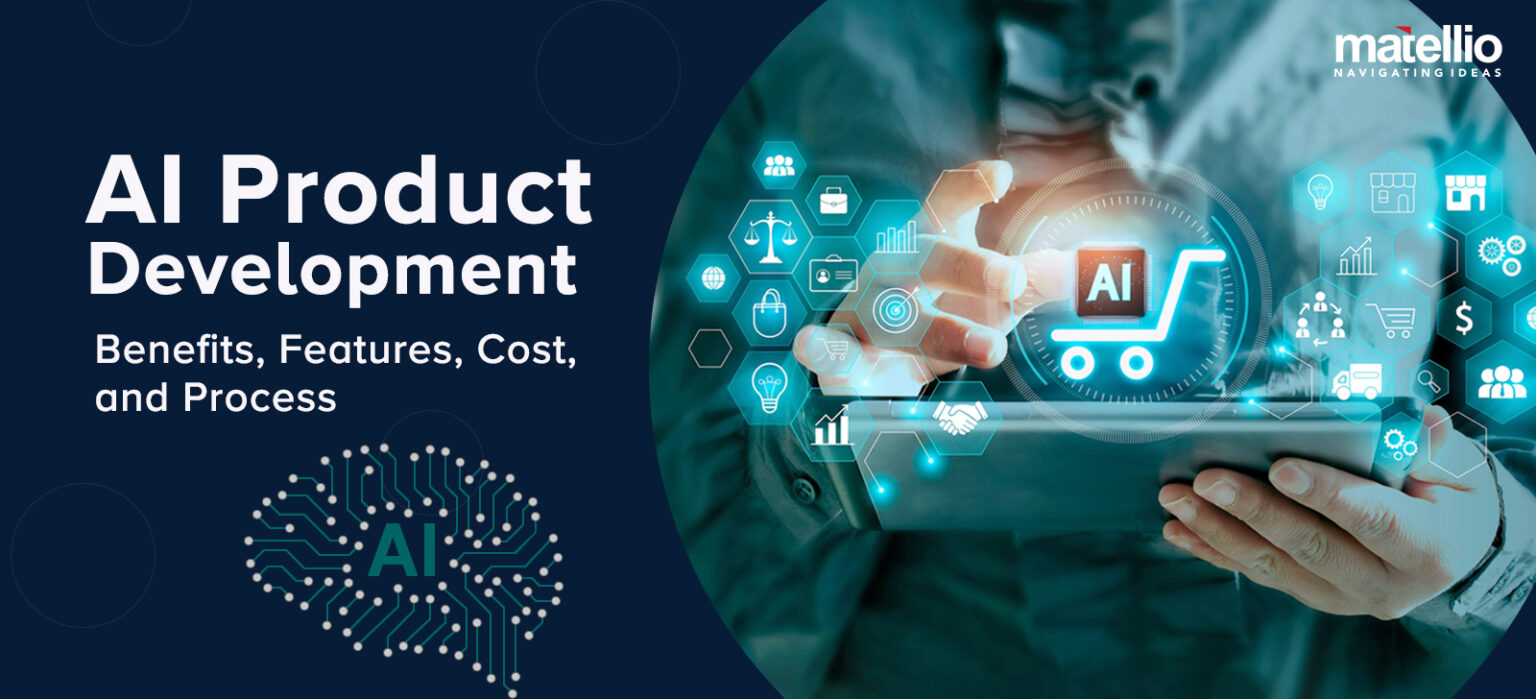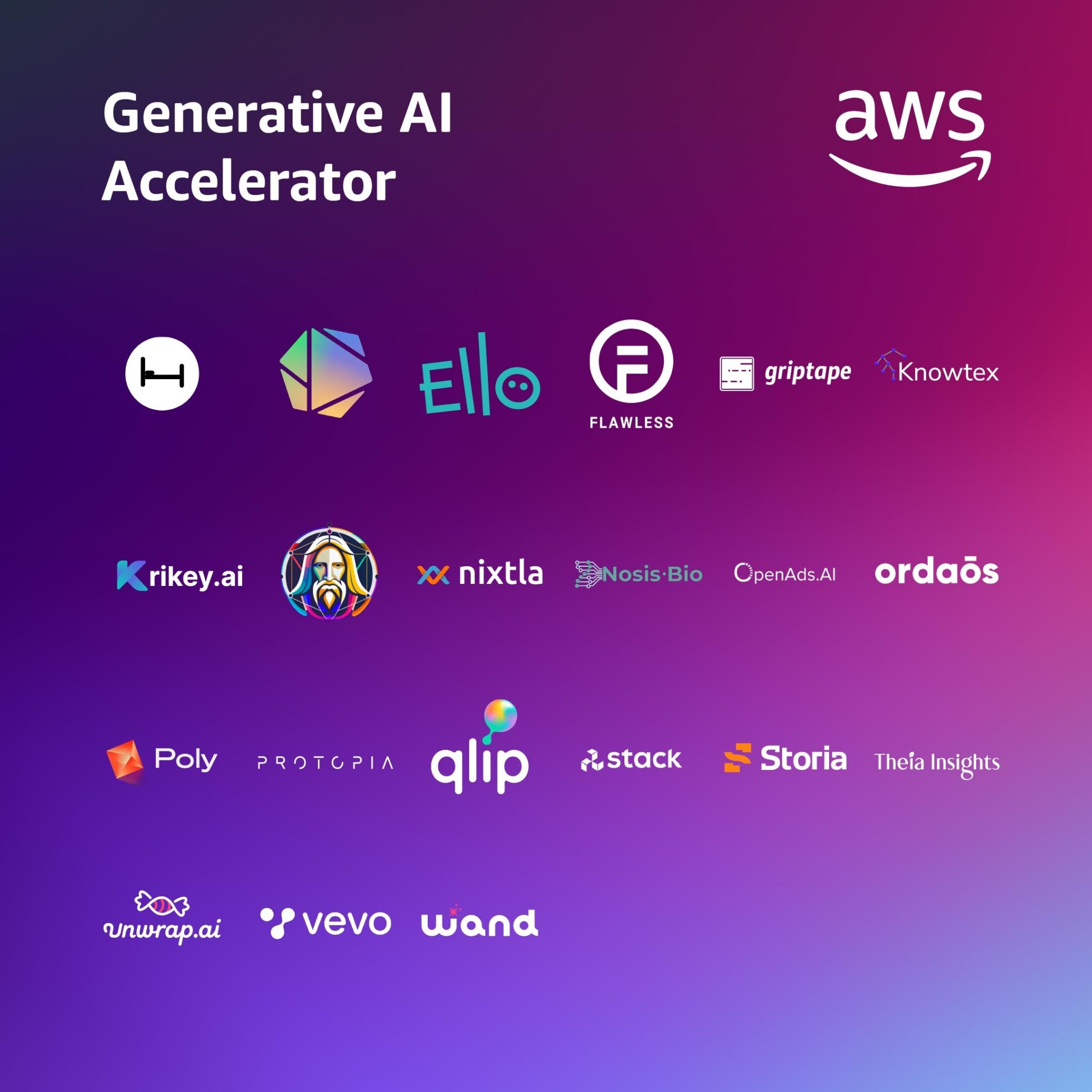
Two Traps Holding Back Mid-Career Tech Founders in AI

There are two types of mid-career tech professionals trying to break into AI entrepreneurship:
❌ Those who overprepare and never ship.
❌ Those who ship—but never really commit.
Both get stuck. Not because of funding, or market timing. But because of mindset.
When you’ve spent 15+ years in systems that reward precision, stability, and hierarchy…
This shift into entrepreneurship? It’s brutal.
Trap #1: The “Corporate Strategist” Entrepreneur
You’ve got the pedigree. The resume. The receipts.
You’ve seen how products scale, led cross-functional teams, and maybe even launched a few features into the wild.
But now, you’re defaulting to what you know best: planning.
You’ve created a meticulous roadmap.
Read every AI trend report.
Dissected every YC demo day.
Mapped out three monetization models.
But still—no MVP.
Because deep down, you’re not optimizing. You’re avoiding irrelevance.
And that fear? It’s real.
📊 Workers over 40 in tech dropped from 55.9% to 52.1% between 2014 and 2022. (EEOC)
The longer you wait, the more leverage you lose.
The more you loop—into research, into strategy decks—the less likely you are to ship.
No launch. No feedback. No traction.
Trap #2: The “Proof First” Entrepreneur
You’ve launched something. Maybe got some engagement on LinkedIn.
You’re dabbling.
You’ll share the product—but only when it feels “safe.”
You’ll talk about features—but avoid actual sales calls.
Why? Because now the rejection feels personal, not just professional.
You’re waiting for a sign before you go all-in.
But here’s the thing:
⚡ AI founders are shipping micro-products in <30 days, charging $10–$50/month, and hitting $2K–$10K MRR without funding. (Indie Hackers, Hacker News, public Stripe dashboards)
The game isn’t raise-and-scale.
It’s ship-and-charge.
And in this game, there’s no boss to greenlight your roadmap.
You are the approval loop now.
What the Winners Are Doing Differently
✅ They ship before they feel ready.
✅ They talk to customers—even when it’s awkward.
✅ They commit fully—even when the response is silence.
Because they understand:
This isn’t about catching an AI trend.
It’s about unlearning 15 years of corporate programming—and rewiring yourself for speed, risk, and ownership.
🔥 Fun fact: A 50-year-old founder is 2.8x more likely to succeed than a 25-year-old. (Harvard Business Review)
Your experience isn’t baggage.
It’s leverage.
If you’re in that in-between zone—too senior to start over, too early to get picked—
Then waiting is the biggest risk of all.
Start messy.
Stay in the game.
That’s the only way you’ll build something that actually matters.

/read more
Related Articles


Mastering the Best AI Product Development Techniques

